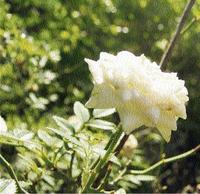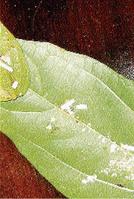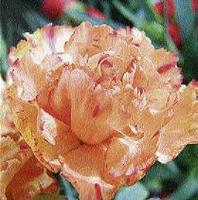
Miniature roses are replicas of tea roses and require the same care. In general, they need full sun (8-10 hours a day in summer) and good air circulation. Due to the hot Jamaican weather, water them on a daily basis, if at all possible. In any event, they should get about four centimetres of water per week. Use a good compost, generously, to enrich the root area and to retain moisture.During the season remove spent blooms so more blossoms will be produced. Begin feeding in February when new growth appears. You can use an 8-12-4 or 8-8-8 formula of commercial rose food, though a rich, organic soil supplemented with occasional doses of fish emulsion is usually enough for them.
You have a long growing season so your roses may not go dormant in the winter, but will still need to be pruned regularly to promote new growth and new flowers. Most miniature roses can be cut back to about half their size without harming the plant! Cutting them back this far will encourage bushiness and new flower buds. Plan to prune after your plants begin putting on new leaves and stems.
Whiteflies in greenhouse
Whiteflies
- Photos by Rita Elliot
Whiteflies are effectively controlled by several products which are natural or organic. Insecticide soap, or one of the lightweight summer oils. Always read the label before purchasing the product to make sure it is labelled for the plants you will be spraying it on and for greenhouse applications.
It is important to direct sprays upward from beneath the plant to reach the undersides of the leaves. Be ready to repeat sprays once or twice at 10 day to two-week intervals, as new eggs will hatch for a while. These are the pupa stages of the insects and will soon emerge as adults.
Spray early in the morning when temperatures are cool to avoid burning the plant.
Alcohol Spray
Alcohol spray is a to chemical insecticides that is effective against whiteflies and other bugs. For maximum effectiveness, use the spray at 5-10 day intervals. To make alcohol spray, combine:
four parts water with three parts rubbing alcohol. Add a dash of Ivory Snow soap or any mild kitchen detergent. The idea is to help the alcohol mixture stick to leaves
TIP: Make only as much as you can use in four to five days.
Carnation trivia
Carnations were used to spice wine and ale during Elizabethan times.
Pretty Carnation, a native to the Mediterranean area, is a 'meaningful' flower. Depending on the country, the flower conveys different messages. Here are a few examples:
France: French actors are positive that carnation brings extreme bad luck. Whenever they tour abroad and are given carnations by well-meaning but uninformed admirers, they will get to the brink of an heart attack and, ungratefully, throw the blooms away.
Russia: Buying carnations or roses is a pre-requisite for a first date. They must be given in odd numbers because flowers given in even numbers are reserved for funerals!
Korea: Red and pink carnations are used by children to show their love and gratitude towards their parents on Parents Day (May 8). Parents Day is celebrated instead of Mother's Day and Father's Day.
At one time in Europe, the carnation was used as a treatment for fevers.

